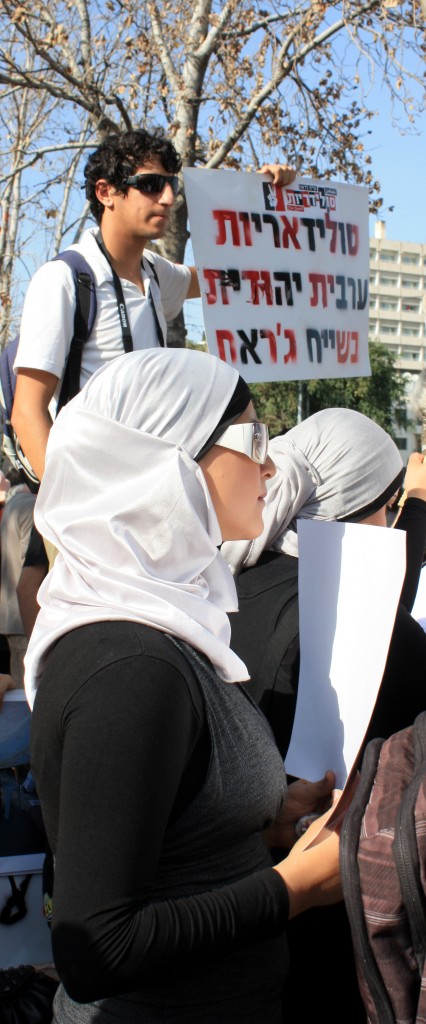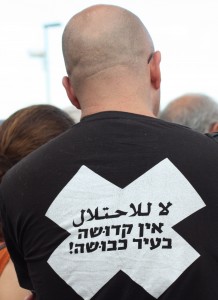My new column at the American Prospect explains why Netanyahu refused to extend the settlement freeze, and what’s missing from U.S. diplomacy.
The confession of weakness was startling. Israeli Defense Minister Ehud Barak was explaining to the BBC why Israeli-Palestinian peace talks should continue despite Israel’s refusal to extend its freeze on new building in West Bank settlements. People had to understand, he said, “Israel doesn’t have a way to stop this building totally.”
Barak is the civilian official directly responsible for the Middle East’s strongest military. He’s also responsible for governing the West Bank, since it’s under military occupation. Nonetheless, he says he just can’t stop settlers from revving up the cement mixers. Since settlement constructions are intended not merely to provide homes but also to set Israel’s borders and reduce its diplomatic options, Barak is also admitting that the government has ceded its monopoly on foreign policy.








